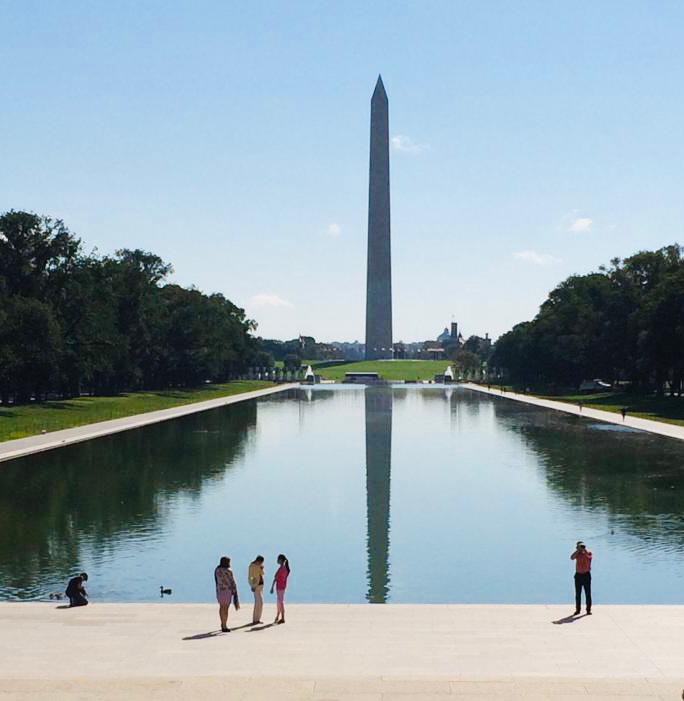
Solidarity Delegation in the USA
The "Solidarity" delegation will start this week with its first international outreach program. They will be in Washington, D.C., from December 14-17, and in New York from December 18-22.
The delegation will discuss the recent political developments in Israel, particularly the rise of the far-right coalition built on anti-Arab, misogynistic, and racist promises and slogans.
The far-right parties have been able to consolidate power in the Knesset (Israeli Parliament) under the leadership of Benjamin Netanyahu. They collectively won 64 seats (out of 120), including 14 seats for the extreme right, fascist, and racist Religious Zionism list, which is comprised of the Religious Zionist and Jewish Power parties. This poses a real threat to Israel’s minority populations within their borders as well as the Palestinians living in Gaza and the West Bank.
The delegation will meet with American think tanks, foundations, and political leaders. The Solidarity Initiative will include Palestinian-Arab, Mizrahi, Russian, and Ethiopian civil society and activists.
The Mossawa Center’s “Solidarity" program aims to build a multi-ethnic coalition. The largest minority population in Israel is Palestinian-Arab citizens, who make up 21% of the population. But they are not the only ethnic minority in the country. They make up one part of what we call the HAMER coalition.
H stands for the Haredi community (ultra-Orthodox Jews) that makeup 10% of the total population; M stands for the Mizrahi community (Jews of Arab descent) that constitutes up to 35% of the total population; E stands for the Ethiopian community, which comprises 1.5% of the total population; and R stands for the Russian speaking community that makes up 12% of the total population.
The Mossawa Center wants to redefine the discourse in the coming years of Netanyahu’s far-right administration as a time when multi-ethnic collaboration can grow between different marginalized communities.
The Mossawa Center has successfully recruited key figures from the HAMER communities to begin facilitating dialogue and solidarity between the groups. These groups are currently split by identity politics rather than by democratic redistribution of national resources and tend to vote along ethnic lines in the national elections. Some communities, like the Jews from Arab and Islamic countries and the Arab community, have low voting turnout.
Palestinian-Arabs are the largest minority group and live under unique circumstances within the context of the Palestinian-Israeli conflict as they are the only group with access to both the Jewish population in Israel and the Palestinian populations in the Occupied Territories. They know both societies intimately and have deep insight into the socio-political dynamics impacting each society. They can and must work to bridge gaps and bring other marginalized communities together as times get harder for everyone who does not fit the current extreme ruling group that will be in control.
The Mossawa Center wants to garner greater understanding between groups in a number of critical ways to build a diverse peace camp and work to shift discourses as different communities prepare for the difficult years to come, as the right solidifies power and will likely retain it until the next election.
Today, there are very few initiatives in Israel that seek to enable Palestinian-Arab citizens of Israel to outreach to their HAMER counterparts. The Mossawa Center is the only Arab-led organization that aims to promote social, political, and cultural solidarity as a grassroots initiative.
Overall, the Mossawa Center intends to take steps toward creating a reassuring atmosphere for the marginalized population throughout the next administration in Israel by raising awareness and empowering marginalized groups. The Mossawa Center is working to see a shift in the conflict by enhancing social solidarity and increasing partnerships and coalitions. Social change can bring about a greater political change that will improve the lives of all populations living in the region.
As part of the program, a new multi-linguistic media platform was launched recently, offering news coverage in Arabic, Hebrew, Russian and English.









